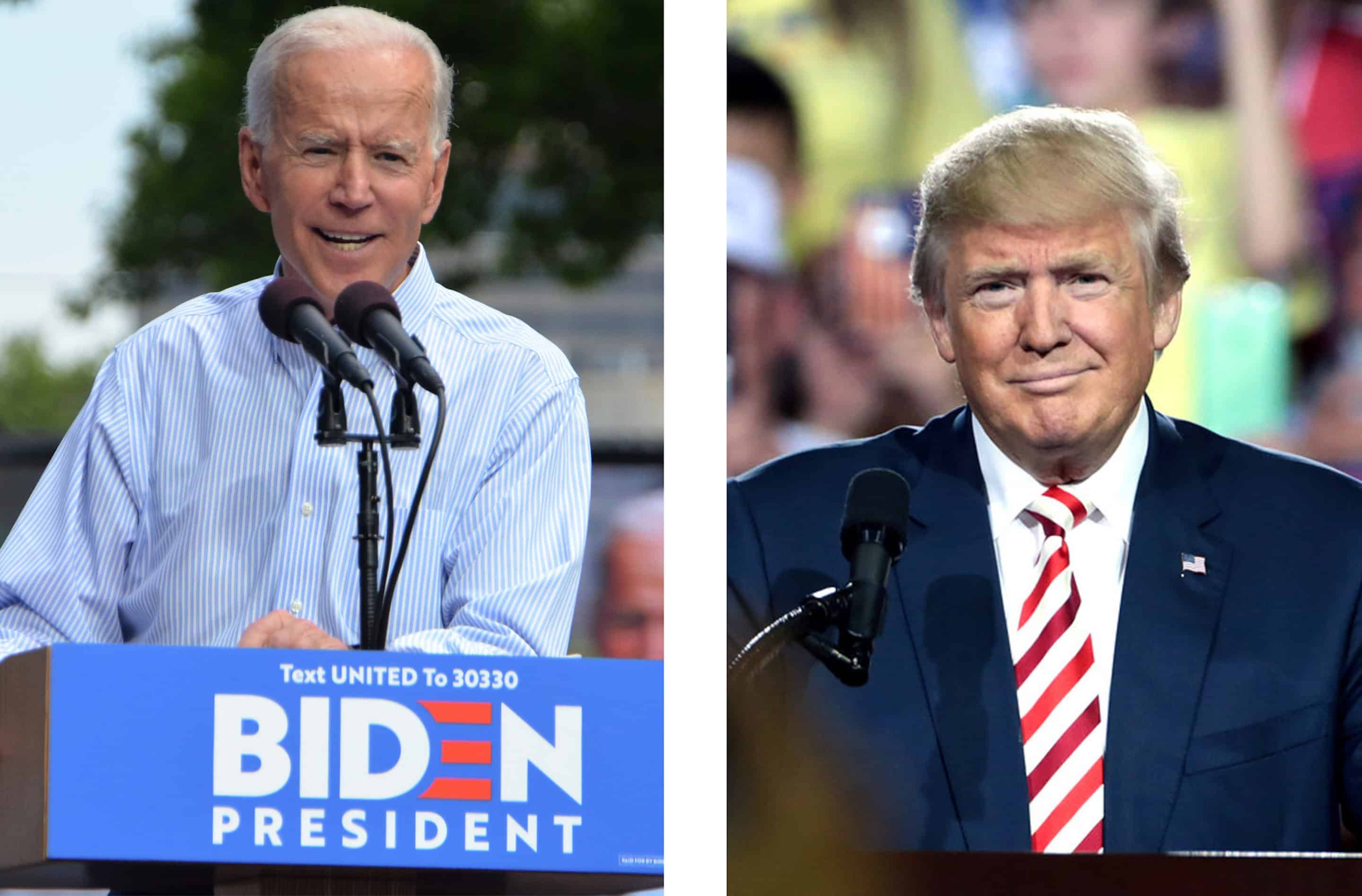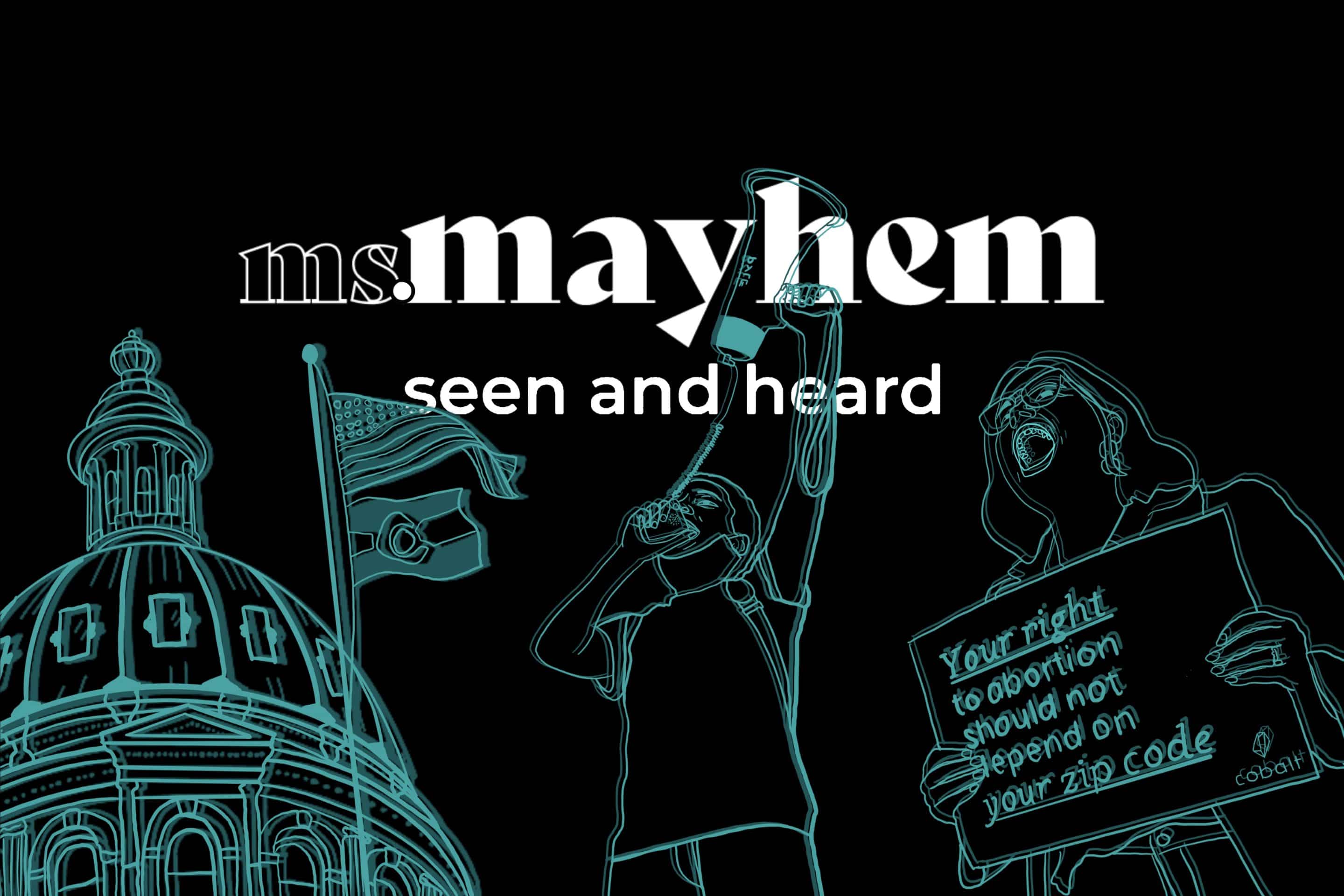//Former Vice President Joe Biden and President Donald Trump. Photos from Wikimedia and Flickr.
On Thursday night, the two presidential candidates returned to the debate stage for a second and final debate before the election.
The prior debate did not end up taking place due to the fact that President Trump contracted COVID-19. Vice President Biden, out of concern for his own health, did not want to participate in person, preferring a virtual debate be held instead. President Trump wouldn’t agree to a Zoom debate, and Vice President Biden understandably wouldn’t agree to an in-person debate. The current president, vying for a second term in a role that requires plenty of negotiating and compromising across the global stage, couldn’t come to an agreement with his opponent on the simple logistics of a 90-minute debate. Consequently, it was Americans who ended up with the raw end of the deal, as undecided/uninformed voters got less debate time between the candidates than in prior elections.
Petulance aside, other extraordinary modifications were put in place to prevent the two candidates from devolving into yelling matches. An unnecessarily complicated muting protocol was put in place for this debate. Rather than have the moderator, Kristen Welker of NBC, mute the candidates, a producer for the nonpartisan Debate Commission had the power to mute. Each candidate received two uninterrupted minutes to answer a question, and then both microphones switched on for the rebuttal phase.
The whole point of having a moderator is to keep the debate fair and unbiased. If a nonpartisan producer from the Debate Commission is required to keep the debate fair, then does that imply the moderator is partisan? The president acts as though everything is biased against him and the commission validated his unchecked ego by acquiescing to his baseless accusations of bias by taking the mute option out of the moderator’s hands.
In the first debate, the candidates speaking over each other didn’t occur only during the two minutes allocated for each candidate, it occurred incessantly during the rebuttal phase as well. So why not establish protocols to avoid interruption during the rebuttal as well?
Regardless, the structure of the debate is obviously not the focal point—the content is. A screaming match of a first debate. A canceled second debate. What did voters get on Thursday night?
Vice President Biden seemed a bit fatigued and contradictory. Some of his answers were vague and meandering, at times bordering on nonsensical. But he also seemed to go for the attack, comparing his policies to the failures of his rival. Biden surprised voters with more concrete policy initiatives at times. For example, he took a hard stance on Medicare-for-all after months of flip-flopping. This directness most likely helped reassure some voters who felt that the former vice president’s positions were too vague. However, he still avoided answering some questions in depth—for example, his plan for dealing with COVID-19—choosing instead to mainly attack his rival’s actions.
President Trump clearly flourishes in debates when he talks over others or is prevented from rambling. Allowing the president to speak for two full minutes, uninterrupted about policies and not just the pompous fanfare of his rallies may have been one of the most harmful decisions of his campaign.
The president had very few answers to the debate questions, especially when pressed by Welker. It seemed like his tactic, especially during the rebuttal, was to take the position opposite Biden, even when it made no sense. When asked about the economic impacts of the pandemic, Biden justified the purpose of shutdowns, though he didn’t offer much of an answer to how he would mitigate its impact on certain sectors of the economy. When it was President Trump’s turn to answer, he blurted out, “Open it back up!” He simultaneously justified the need to lock down in places where case numbers were increasing, but still backed his position of opening up businesses, two notions at complete odds with each other. The debate overall was filled with many baffling moments of contradiction—from both candidates, but primarily President Trump—and these instances stood out in even sharper relief due to the muting protocol.
This second in-person and final debate may have helped some voters who felt lost on the candidates’ positions on certain issues but was less helpful overall than debates in previous elections. Considering that already 58 million Americans have turned in their ballots, and states across the country have already shattered voter turnout records, the weight of this year’s debates may be a bit lighter than in previous elections.





0 Comments